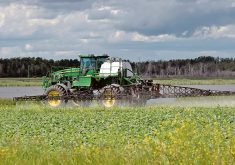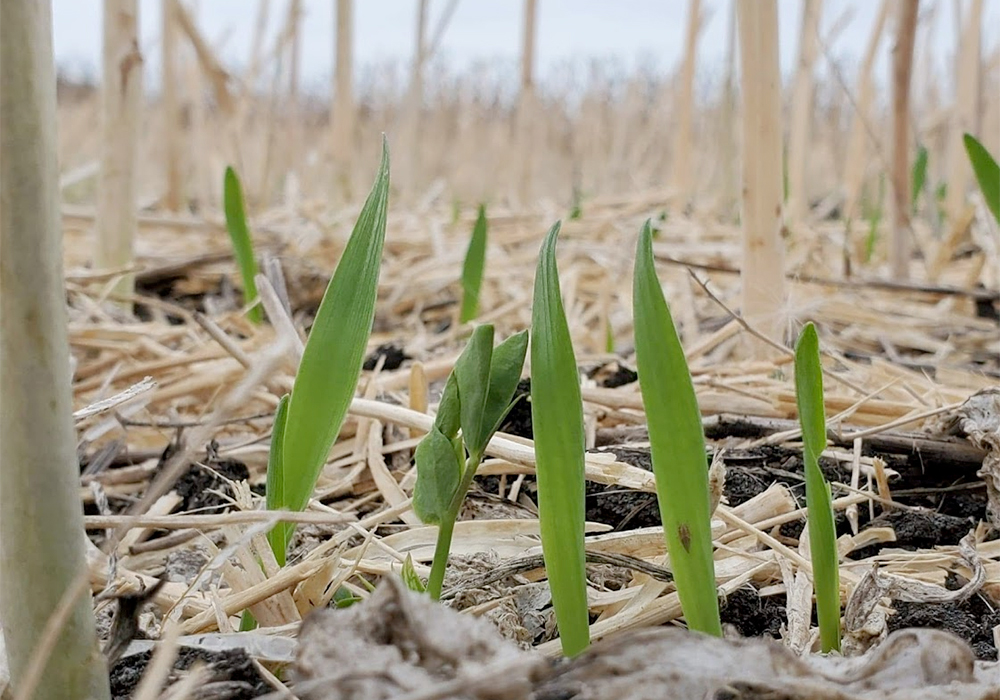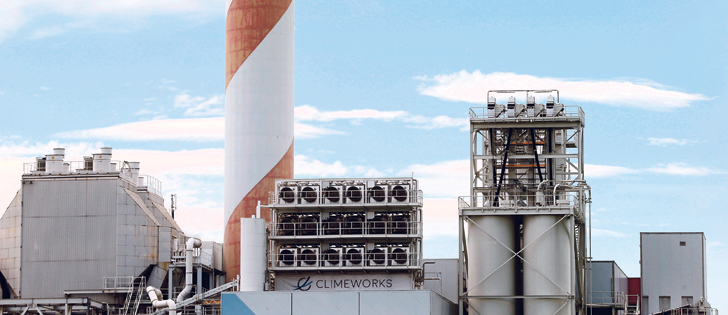What is composting?
LETHBRIDGE — Composting is an environmentally creative way to dispose of undesirable waste.
Ten to 15 percent of construction waste in Alberta is recycled, and the rest is dumped into over-burdened landfills.
A project organized by the City of Calgary and Agriculture Canada is composting construction waste such as drywall and lumber.
The wood is chipped and mixed at a rate of four parts manure to one part chips. The product is good enough to spread on farmland, said lead re-searcher Xiying Hao of Agriculture Canada’s Lethbridge Research Centre.
Read Also

Farming Smarter receives financial boost from Alberta government for potato research
Farming Smarter near Lethbridge got a boost to its research equipment, thanks to the Alberta government’s increase in funding for research associations.
The project is in the early stages, but researchers found that the final product appears to contain higher levels of calcium sulfate because of the drywall.
“The sulfur comes in higher so if you have a sandy soil that needs sulfur, this compost is probably better,” she said.
She is also working with researcher Frank Larney to analyze how antibiotics break down in compost.
Larney said there is a lot of concern that antimicrobial resistance could be transferred through the antibiotics that are fed to cattle when their manure is spread on the land.
Researchers have learned that some medications affect the natural microbes that are needed to break down organic material.
“The soil is pretty resilient, but we have seen some instances where the presence of antibiotics can inhibit some of the composting process,” said Larney.
“Heat is the great indicator. When the windrows are heating up, it shows the microbes are doing their thing. In some windrows where we have had antibiotics present, they are slowing down the microbial activity.”
Common products such as tetracycline appear to degrade in the soil.
“Some of the antibiotics don’t have much effect,” said Hao.
“It is another bonus of composting.”
A project organized by Agriculture Canada and the Canadian Food Inspection Agency found that prions responsible for brain diseases such as BSE are reduced by 90 percent during composting. However, they are not completely inactivated because of the variability in compost conditions and microbial activity.
The research concluded that it was highly unlikely livestock would be exposed to enough prions to develop BSE if the compost was spread on farmland.
This means composting is a viable method for the controlled disposal of specified risk material in Canada.
Composting 101
What is composting?
- Composting is a natural biological process, carried out under controlled conditions, which converts organic material into a stable humus-like product called compost. During the composting process, various micro-organisms, including bacteria and fungi, break down organic material into simpler substances. Composting is an aerobic process, meaning the micro-organisms require oxygen to do their work. The micro-organisms consume oxygen while feeding on the organic matter and in the process generate carbon dioxide.
How long does the composting process take?
- A number of factors are important in controlling the composting process and the time that the process takes. These factors include temperature, moisture, oxygen, particle size, the carbon-to-nitrogen ratio of the waste and the degree of mixing or turning involved. In general, the more actively these factors are controlled, the faster the process.
- The length of the process also depends on the degree of decomposition desired in the finished product. Typically, an immature compost can be produced in about a month, while a mature compost may be allowed to cure for six months to a year.
Is compost a fertilizer?
- Compost can contain varying amounts of nitrogen, phosphorus and potassium. However, the concentrations of these nutrients in compost are usually lower than those found in common fertilizers.
- Compost is more properly described as a soil amendment or soil conditioner, which returns valuable organic material to the soil. In addition, compost benefits the soil by improving soil structure, aeration and water retention.
Source: Compost Council of Canada
Contact barbara.duckworth@producer.com

















